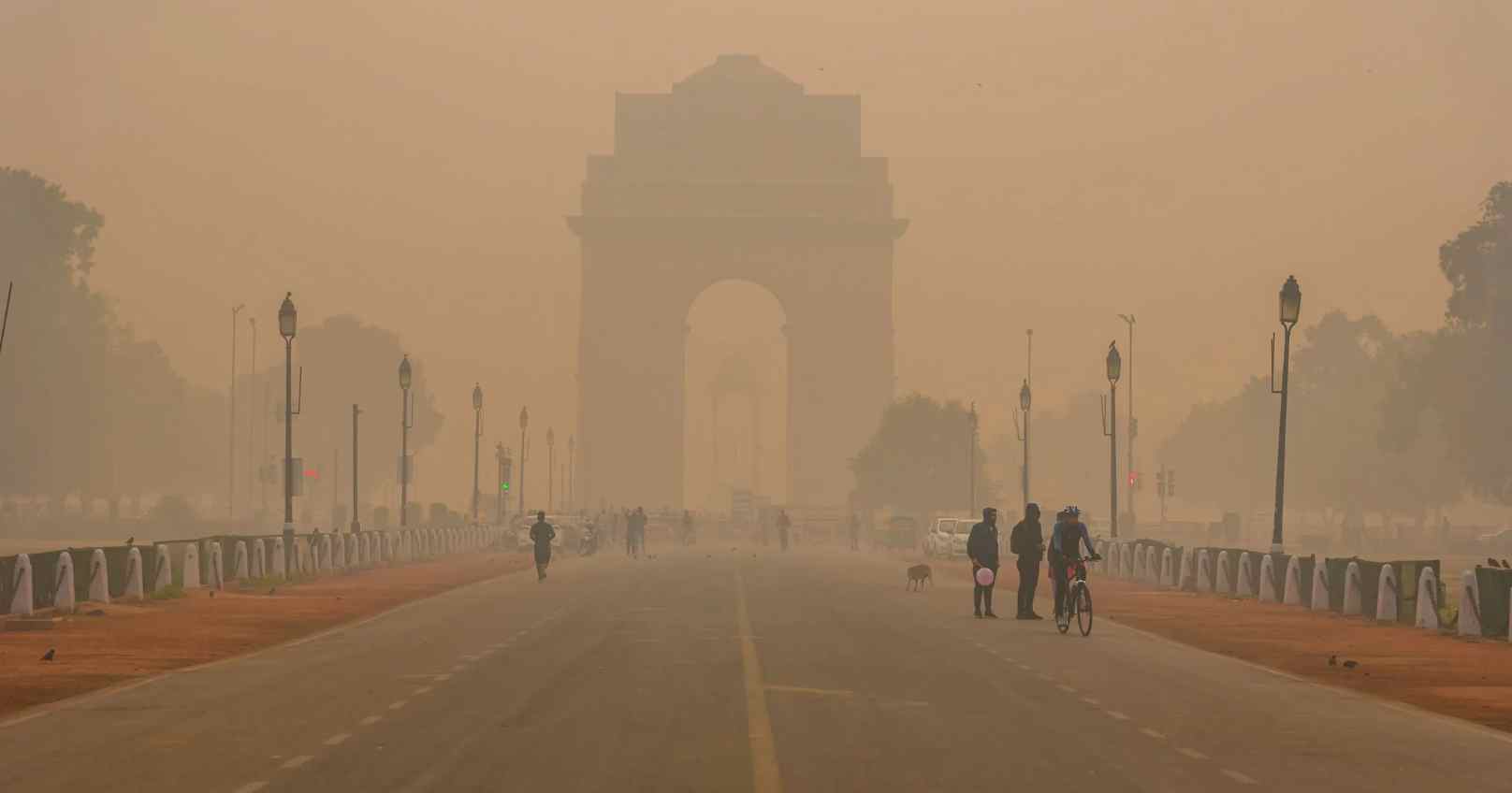Delhi’s AQI spiked to 385 on Tuesday, worsening from the previous day's 315, leading to the enforcement of Stage II of the Graded Response Action Plan (GRAP) by the Commission for Air Quality Management (CAQM) in the NCR region.
Stage II of GRAP Enforced with New Restrictions
As part of GRAP Stage II, residents are urged to limit private vehicle usage and follow restrictions on diesel generators. Enhanced public transport services are being deployed to encourage eco-friendly commuting options.
Strengthened Actions to Combat Pollution
The CAQM has introduced several additional measures starting October 22, 2024, including:
Increased road sweeping operations.
Frequent water sprinkling to reduce dust levels.
Stricter monitoring at construction sites.
Heightened public awareness campaigns on air quality and safety measures.
Raised parking fees to discourage private car use.
Citizen Responsibilities in Pollution Control
Residents are encouraged to use public transportation, maintain vehicles properly, avoid dust-generating activities, and report illegal burning. Diesel generator use is restricted to emergencies.
Stubble Burning and Ventilation Worsen Conditions
Delhi's air quality is expected to remain "very poor" due to stubble burning and poor atmospheric conditions. Pollution hotspots, including areas like Nehru Nagar and Anand Vihar, have seen dangerously high PM2.5 levels.
Pollution Hotspots Continue to Pose Major Risks
New pollution hotspots have emerged, and existing ones, like Anand Vihar, continue to record hazardous levels of PM2.5. Experts stress the need for more aggressive and long-term solutions to curb Delhi’s rising pollution crisis.







